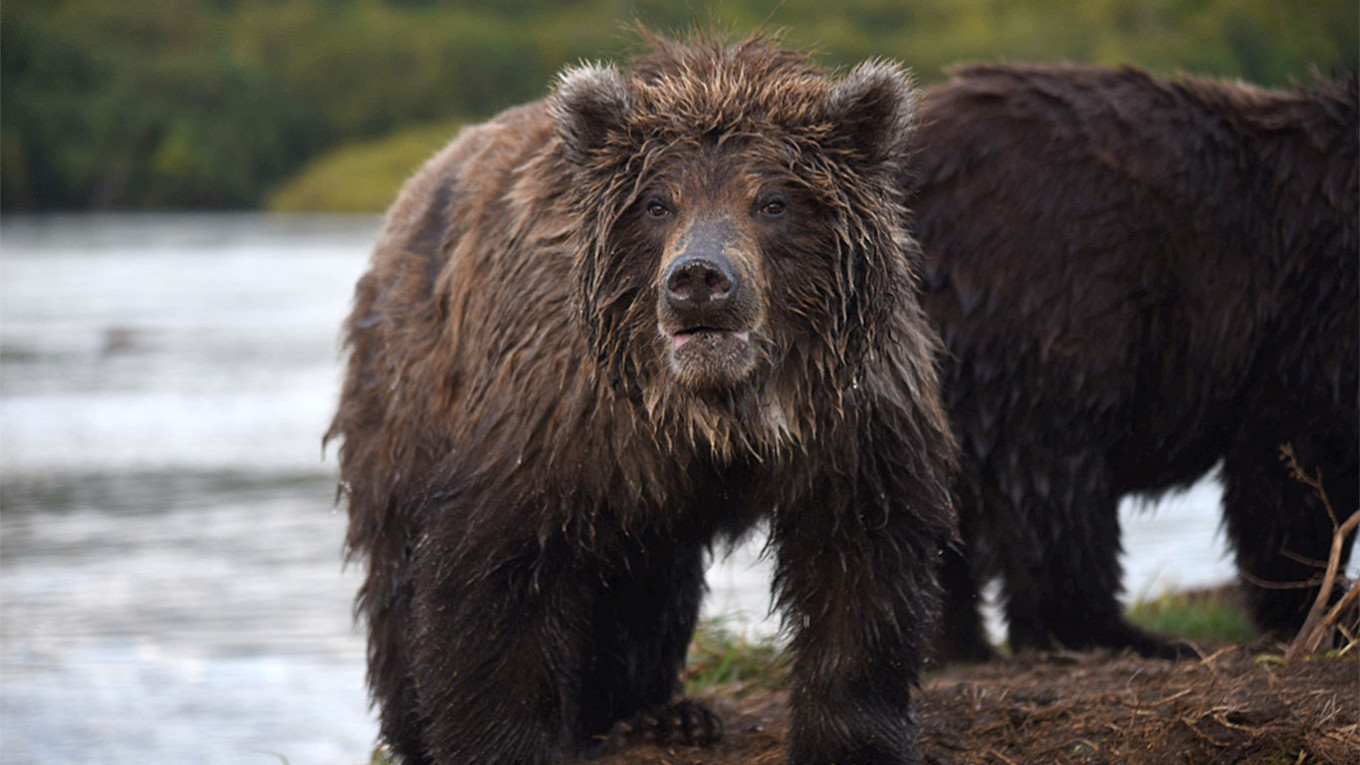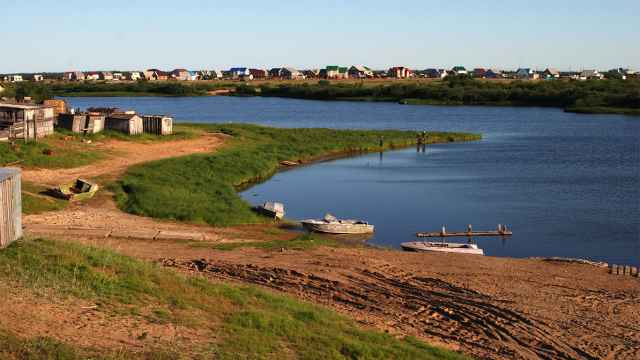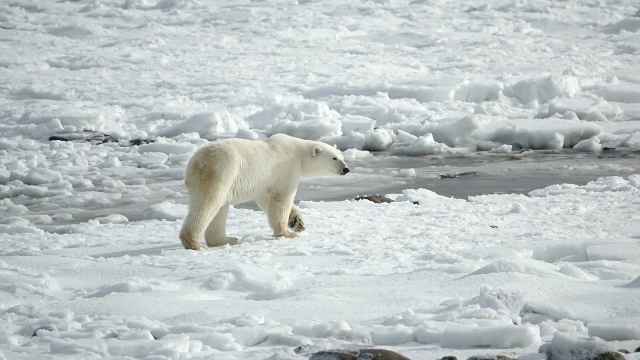Abnormally high November temperatures in Russia’s Far East are preventing local bears from hibernating, with some animals wandering around their winter dens in a “half-asleep state,” the Amur region’s Wildlife Conservation Authority said Tuesday.
While many bears have already accumulated the fat needed for their long seasonal sleep, the “improperly” high air temperature hinders them from entering hibernation, specialists noted.
“However, females with cubs do not face such a problem. These furry mothers took their fluffy offspring into their dens strictly according to the schedule — at the end of October. And no weather anomalies bother them," the authority said.
The struggles of bears in the Amur River region — an area encompassing Russia’s Khabarovsk, Amur and Jewish autonomous regions — followed abnormally high average temperatures in October that exceeded the norm by 1.5-2.0 C. The city of Blagoveshchensk experienced its warmest October on record, the Phobos weather center said.
Meteorologists predict continued record-warm weather in the region in November, which has already seen new temperature anomalies.
Russia, which is warming 2.5 times as fast as the rest of the planet, regularly experiences record temperatures and abnormal weather.
Southern areas of western and central Siberia observed unprecedented hurricane-force winds not seen in almost half a century and temperatures up to 20 C over the weekend.
Climate change’s impacts on Russia’s biodiversity include habitats of species shifting northward, with the introduction of more southern flora and fauna in many regions.
Brown bears, which predominantly inhabit Russia’s boreal forest zone, increasingly intrude on the more northern tundra area, leading to a decrease in numbers of Arctic species such as the Arctic fox and polar bear, scientists say.
A Message from The Moscow Times:
Dear readers,
We are facing unprecedented challenges. Russia's Prosecutor General's Office has designated The Moscow Times as an "undesirable" organization, criminalizing our work and putting our staff at risk of prosecution. This follows our earlier unjust labeling as a "foreign agent."
These actions are direct attempts to silence independent journalism in Russia. The authorities claim our work "discredits the decisions of the Russian leadership." We see things differently: we strive to provide accurate, unbiased reporting on Russia.
We, the journalists of The Moscow Times, refuse to be silenced. But to continue our work, we need your help.
Your support, no matter how small, makes a world of difference. If you can, please support us monthly starting from just $2. It's quick to set up, and every contribution makes a significant impact.
By supporting The Moscow Times, you're defending open, independent journalism in the face of repression. Thank you for standing with us.
Remind me later.






